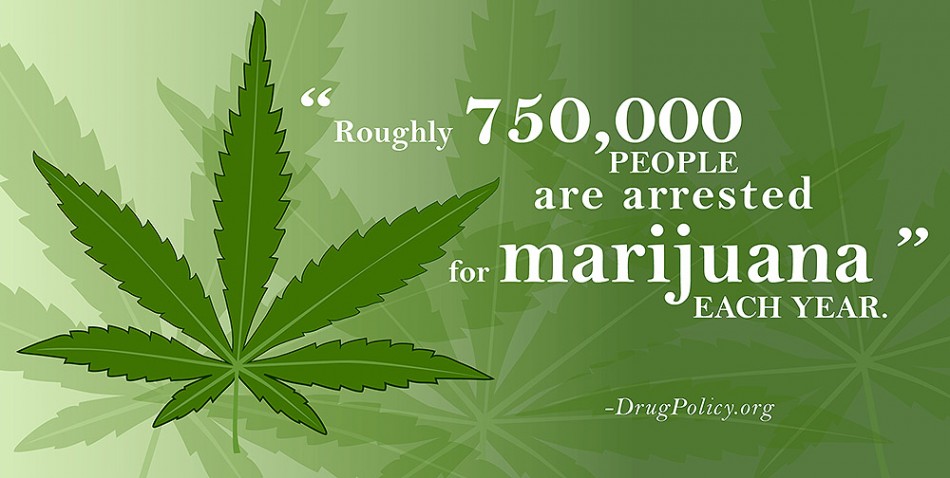A growing issue
With the legalization of marijuana trending throughout the United States, the public’s perspective on the drug is beginning to shift.
According to the National Association on Drug Abuse, marijuana use grows higher and higher nationwide, and Lakeland College is no exception.
“I don’t think it is a large issue here on campus, but it’s a growing issue,” said Jim Bajczyk, director of residence life. “But you’ll find nationally that marijuana use is on the rise, just looking at all the states that are legalizing it. Attitudes that demean the use of marijuana have softened quite a bit in the general public. So, with it being as un-demonized as it is now, there’s going to be more general use of it.”
However, just because marijuana has been decriminalized in two states, that does not mean that, if Wisconsin legalizes it, Lakeland College will allow it on campus.
The drug is still prohibited on college campuses in states where it is legal, as colleges retain the right to make their own regulations.
If the drug is used on Lakeland College’s campus, the incident is dealt with in a joint effort between security and the Sheriff’s office.
“If someone is caught smoking marijuana, it’s an automatic Sheriff’s Department call because it’s not legal for me to have it, let alone anybody else,” says Annette Gamache, director of security and safety.
For on-campus consequences, first time offenders are put on a housing probation, which means that if they are caught a second time within a year, they will lose housing completely. Selling, on the other hand, results in the offender losing housing privileges immediately, followed by possible dismissal from Lakeland College.
“Even when people are burning incense in their room to cover up the smell, or we notice they have a lot of dryer sheets in their rooms and a fan blowing, those are just some of our tell-tale pieces of evidence that we might use to confront a student,” said Bajczyk.
Consequently, students are more apt to smoke off-campus, and staff members are aware of the routes students take to do so. Driving through the town of Franklin is common, along with what are referred to as “Wal-Mart runs.”
“They drive up 42, go to the roundabout and Walmart, and drive on back. So, they’re driving on rural highways while being impaired and that can be quite dangerous,” said Bajczyk.
Students are caught in other ways as well. For example, students who are uncomfortable with marijuana use might report it when they see it. Additionally, some smokers choose to indulge in their cars, but security patrols the parking lots.
According to Bajczyk, while some students can smoke marijuana and still be successful, many others cannot.
“If you’re looking at national levels, it does decrease motivation, so you are less apt to be focused on your studying, you’re less apt to be motivated to go to class (and) to do your homework, so it can definitely have negative impacts on grades and on motivation in general,” Bajczyk said.
On the worse end of the spectrum, there is also the danger of buyer-seller conflicts and what happens when a smoker runs out of money.
Fortunately for Lakeland College, drugs that are harder than marijuana have scarcely been found on campus. Sharing of prescription drugs like Adderall has become somewhat popular, but it is also difficult to penalize because of how difficult it is to detect.
As for students, they have a variety of opinions concerning whether or not the drug should be legalized and how long Wisconsin will take to make a move on the decision.
“I mean, we just legalized gay marriage, did we not?” said Emily Grunewald, sophomore psychology major.
“And people have been starting to do that for years. I don’t feel Wisconsin cares that much about the more prominent social issues.”
“I think it might take a few more states to make it legal before it becomes legal here,” said Stephanie Burgardt, junior English major.
“Personally, I don’t feel the need to smoke marijuana, but if it’s something people want to do, they should do it.”


